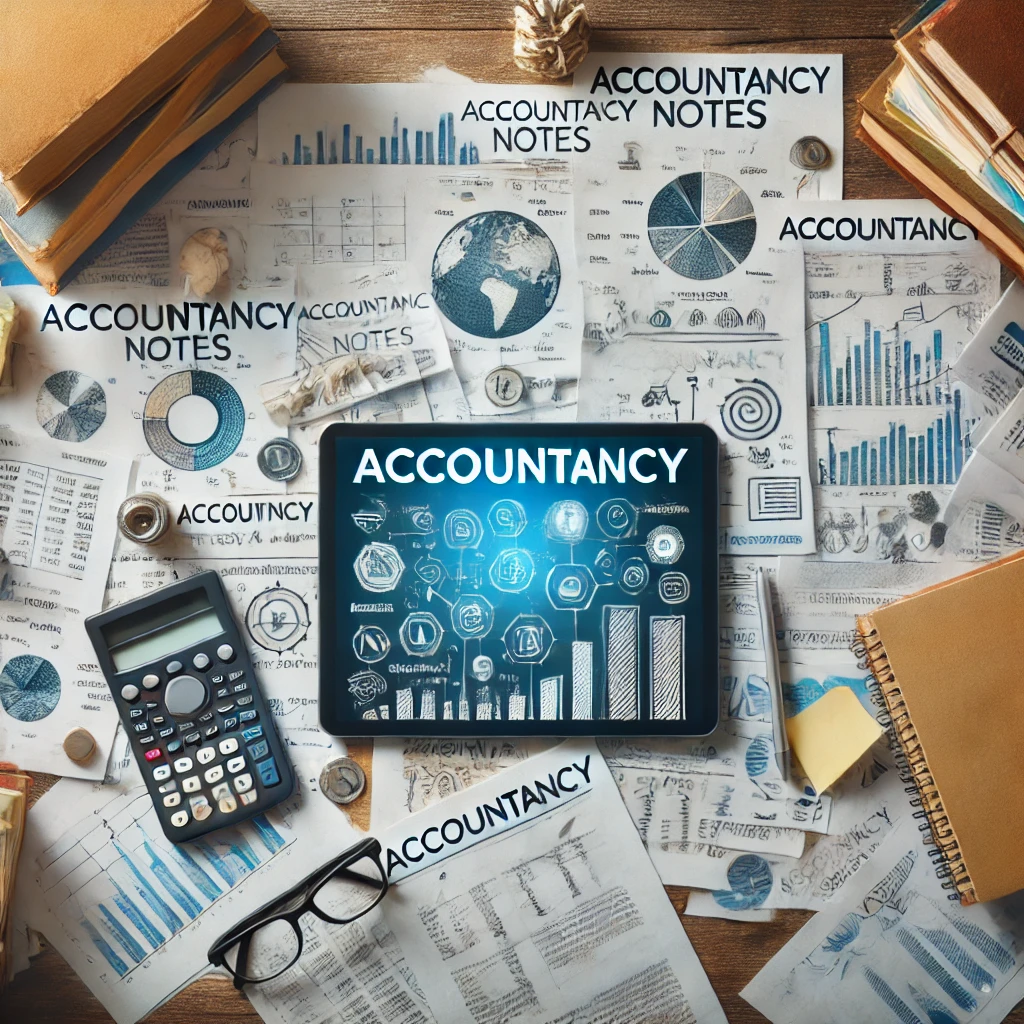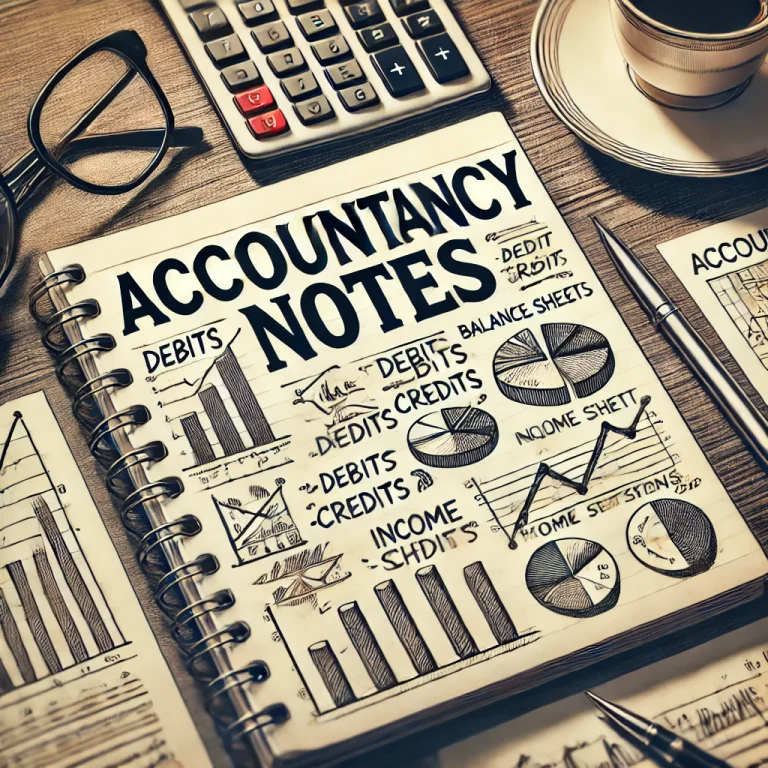Accountancy, which is often described as the “language of business,” is critical to an understanding of how businesses work in financial terms. In class 11, the accounting syllabus sets foundational knowledge about recording, summarizing, and interpreting transactions. That will bring boundless learning to the desk of these students if they get their hands on the accountancy notes in time.
The subject primarily deals with concepts of recording financial transactions, preparation of financial statements, and interpretation of results for suitable decisions. Various accounting concepts introduced in Class 11 are explained through detailed notes and explanations to the students.
Definition of Accounting
Accounting is considered the systematic process of recording, classifying, summarizing, and interpreting financial transactions of an organization. This provides crucial information to stakeholders, such as business owners, investors, creditors, and regulatory authorities, to make informed financial decisions.
The American Institute of Certified Public Accountants described accounting as “the art of recording, classifying, and summarizing in a significant manner and in terms of money, transactions, and events which are, in part at least, of a financial character, and interpreting the results thereof.”

Key Components of Accounting
- Recording: It is the chronological documentation of all transactions that are financial in nature. This could be essential in keeping an oriented record history of finance.
- Classifying: After the transactions have been recorded, they are classified into different categories, such as assets, liabilities, income, and expenses.
- Summary: A summary gathers data into statements of financial position, which include income statements, balance sheets, and cash flow statements.
- Interpretation: This is a process of analyzing the financial statements to gain some understanding of the business’s financial position and performance.
Why use Class 11 Accountancy Notes?
The reason why Class 11 Accountancy notes are important is that they have been structured in a way to makes even the most complicated concepts simple, providing a clear path for revision. Here are a few reasons why the students need these notes:
1. Simplifies Complex Concepts: Accounting is filled with various terminologies and processes. Notes break such complicated concepts into smaller, more digestible portions.
2. Organizes learning process: It helps in developing a planned sequence of learning so that all parts of the syllabus go through the students’ minds.
3. Retention capacity: Good notes increase retention for a longer duration and, thus, prove really effective during the examination.
4. Time-saving for instant revision: With notes, excellent material is there for quick time revision, wherein all the important topics can be gone through by the students without any hassle of opening whole books.
5. Preparing for Exams: The syllabus is too vast; notes help restrict the important topics that appear most frequently in the exams.
The well-structured Class 11 accountancy notes enable students to focus on the most crucial areas of accounting, that is the step-by-step approach, making journal entries, and how to prepare financial statements. These class 11 accountancy notes are based on the NCERT syllabus that guides the student toward practical applications of accounting.


